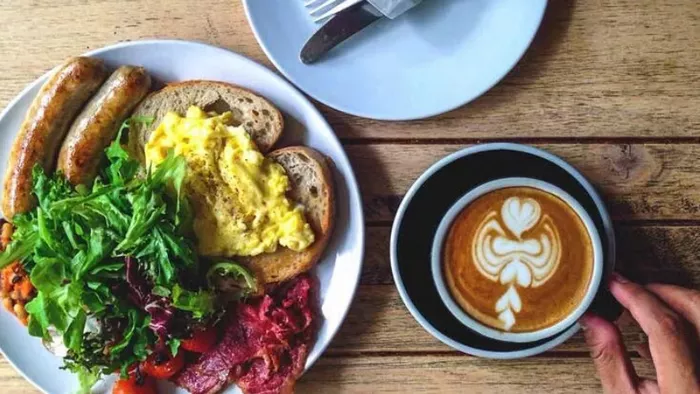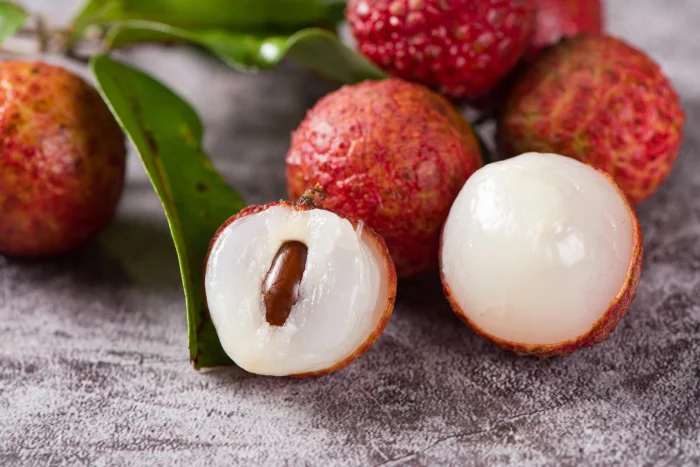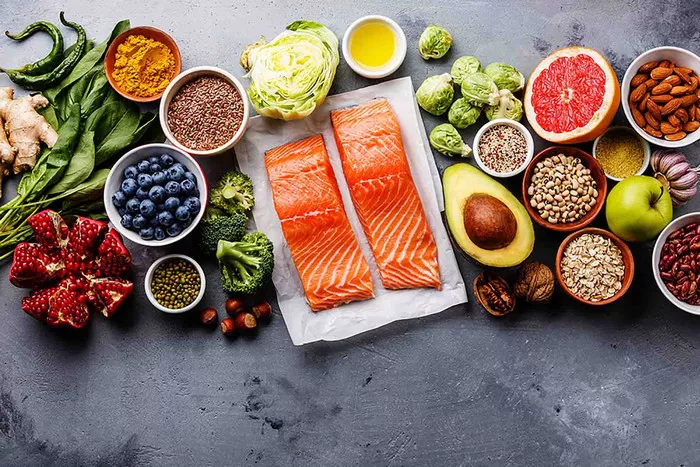High blood pressure, or hypertension, is a common condition that affects millions of people worldwide. Along with medication and lifestyle changes, maintaining a healthy diet is crucial in managing and reducing high blood pressure. Certain foods can significantly impact blood pressure levels, so it’s important to be mindful of what we consume. In this article, we will explore the foods to avoid with high blood pressure to promote better cardiovascular health.
Understanding High Blood Pressure
High blood pressure occurs when the force of blood against the walls of the arteries is consistently too high. This puts extra strain on the heart and blood vessels, increasing the risk of serious health problems such as heart disease, stroke, and kidney issues. Diet plays a vital role in managing blood pressure levels and preventing complications associated with hypertension.
The Impact of Sodium
Sodium, a mineral found in salt and many processed foods, is a major contributor to high blood pressure. When sodium levels are high, the body retains more water, increasing blood volume and raising blood pressure. Therefore, it is crucial to limit sodium intake for individuals with high blood pressure.
Foods to Avoid
While a well-balanced diet is essential, certain foods are best avoided or consumed in moderation to help manage high blood pressure. Here are some key food groups and items to be cautious of:
1. Processed and Packaged Foods
Processed and packaged foods often contain high amounts of sodium and other additives that can elevate blood pressure levels. These include canned soups, processed meats (such as sausages, bacon, and deli meats), packaged snacks, and ready-to-eat meals. It’s important to carefully read food labels and choose low-sodium or sodium-free options whenever possible.
2. Salty Snacks
Snack foods like potato chips, pretzels, and salted nuts are not only high in sodium but also often lack other essential nutrients. Instead of reaching for these salty snacks, opt for healthier alternatives like unsalted nuts, air-popped popcorn, or fresh fruits and vegetables.
3. Canned and Pickled Foods
Canned foods, including vegetables, soups, and sauces, are typically high in sodium due to the preserving process. Similarly, pickled foods like pickles, olives, and sauerkraut contain substantial amounts of sodium. When purchasing canned goods, choose low-sodium or no-added-salt varieties, and rinse canned vegetables before consuming to reduce sodium content.
4. Condiments and Sauces
Condiments and sauces can add flavor to our meals, but many of them are loaded with sodium. Common culprits include soy sauce, ketchup, barbecue sauce, salad dressings, and marinades. Opt for low-sodium versions or consider using alternative seasonings such as herbs, spices, vinegar, or lemon juice to enhance the taste of your dishes.
5. Deli Meats and Processed Meats
Deli meats and processed meats like ham, salami, sausages, and bacon are typically high in sodium and often contain unhealthy fats. These meats can contribute to elevated blood pressure levels and increase the risk of heart disease. Instead, choose lean cuts of fresh meat or poultry and prepare them at home, or consider plant-based protein options like legumes, tofu, or tempeh.
6. Frozen Meals and Fast Food
Frozen meals and fast food options are often high in sodium, unhealthy fats, and calories. These convenient choices may be convenient but can significantly impact blood pressure levels. Opt for homemade meals prepared with fresh ingredients or choose lower-sodium frozen meal alternatives if time is a constraint.
7. Sweetened Beverages
While sugary beverages like soda, energy drinks, and sweetened fruit juicesmay not directly affect blood pressure, they can contribute to weight gain and obesity, which are risk factors for high blood pressure. Additionally, some studies suggest that excessive sugar intake may indirectly impact blood pressure regulation. It’s best to limit or avoid sugary beverages and opt for healthier options like water, herbal tea, or unsweetened fruit-infused water.
8. Alcohol
While moderate alcohol consumption may have some health benefits, excessive intake can raise blood pressure. Heavy drinking can also interfere with the effectiveness of blood pressure medications. If you choose to drink alcohol, do so in moderation. For men, this means up to two drinks per day, and for women, it means up to one drink per day.
9. High-Fat Dairy Products
Full-fat dairy products, such as whole milk, cheese, and butter, can contribute to higher blood pressure levels due to their saturated fat content. Opt for low-fat or fat-free dairy options like skim milk, low-fat yogurt, and reduced-fat cheeses. Alternatively, consider incorporating plant-based milk alternatives like almond milk or soy milk into your diet.
10. Added Sugars and Sweets
Excessive consumption of added sugars, such as those found in candies, cookies, cakes, and pastries, can contribute to weight gain, diabetes, and increased blood pressure. Limit your intake of these sugary treats and opt for healthier alternatives like fresh fruits or homemade desserts using natural sweeteners in moderation.
Conclusion
Maintaining a healthy diet is crucial for managing high blood pressure and promoting overall cardiovascular health. By avoiding or limiting foods high in sodium, saturated fats, and added sugars, individuals with high blood pressure can help keep their blood pressure levels in check. Instead, focus on consuming a balanced diet rich in whole grains, lean proteins, fruits, vegetables, and low-fat dairy or dairy alternatives. Remember to consult with a healthcare professional or registered dietitian for personalized dietary recommendations to suit your specific needs and health conditions.




















